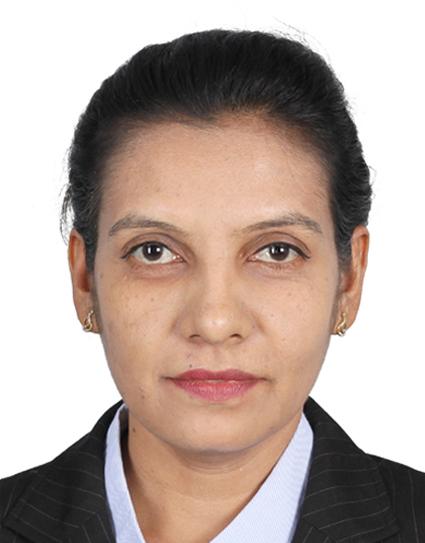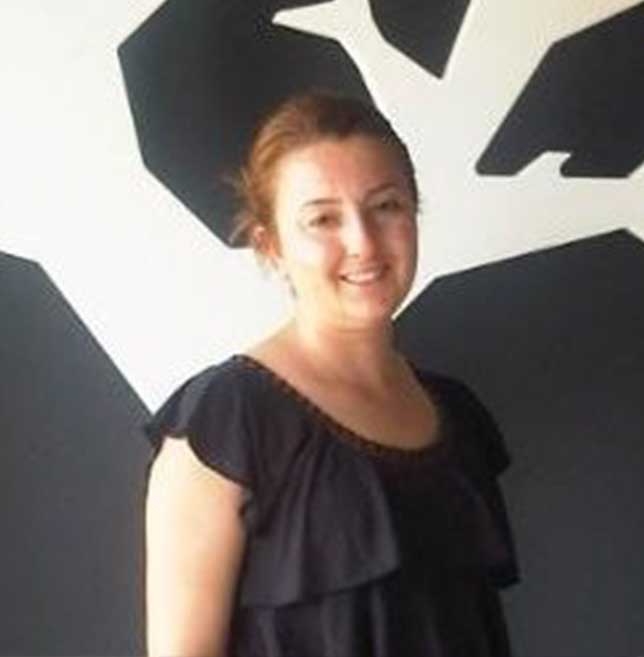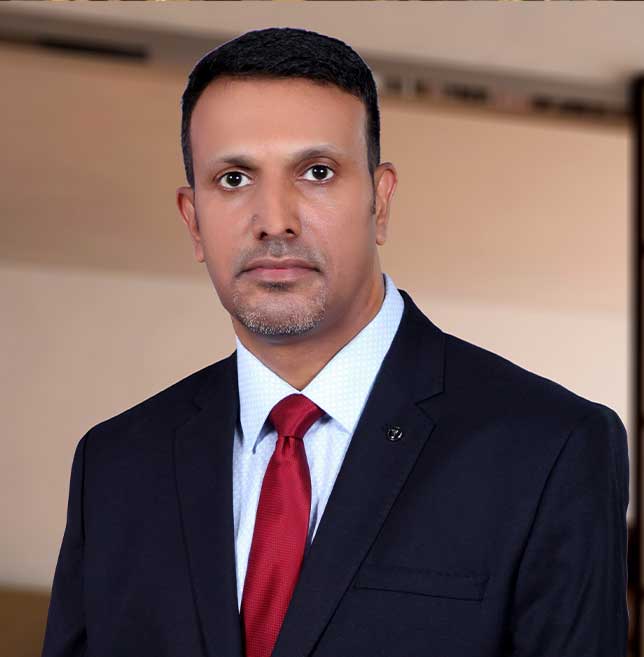Project Description
Located across various areas in Central Malawi, this regenerative agriculture project involves
working with farmers to implement syntropic agroforestry and regenerative agriculture
practices on approximately 5,000 Ha of degraded land. This will lead to annual GHG removals of
~45,000 tCO2e. Various horticultural crops will be planted as part of farmer packages that will
include Sweet Potato, Maize, Cassava, Moringa, Mango etc. Deep bed farming practices will
follow to increase crop yields and improve soil quality.
The problem
The main pressures on biodiversity consist of habitat loss and fragmentation, overexploitation of biodiversity, invasive alien species, pollution and climate change. (UN Convention on Biological Diversity 2022). The areas that this project will be implemented in are stripped of native ecosystems, having been almost entirely deforested and used for agriculture.
The main pressures on biodiversity consist of habitat loss and fragmentation, overexploitation of biodiversity, invasive alien species, pollution and climate change. (UN Convention on Biological Diversity 2022). The areas that this project will be implemented in are stripped of native ecosystems, having been almost entirely deforested and used for agriculture.
The solution
The project will implement a syntropic agroforestry approach, which means to cultivate an entire ecosystem. By planting across space and time, plants and trees occupy every niche allowing for a greater level of density and diversity of treesHigh quality tree seedlings and highquality seeds will be provided to give each farmer more than 150 productive/valuable trees (fruit, timber etc) as well as a few hundred more trees and other plants for food and biomass production. Biomass trees and plants will be frequently pruned to fertilise and encourage growth in the whole system. The package is designed to provide harvests from the first few months and into the future.
The project will implement a syntropic agroforestry approach, which means to cultivate an entire ecosystem. By planting across space and time, plants and trees occupy every niche allowing for a greater level of density and diversity of treesHigh quality tree seedlings and highquality seeds will be provided to give each farmer more than 150 productive/valuable trees (fruit, timber etc) as well as a few hundred more trees and other plants for food and biomass production. Biomass trees and plants will be frequently pruned to fertilise and encourage growth in the whole system. The package is designed to provide harvests from the first few months and into the future.
Helping the people
Farmers in Malawi are extremely vulnerable to climate change operating poor crop systems that are stripping the land of its productive capacity. This project will improve the livelihoods of the farmers and make them more resilient to climate change. It will achieve this by improving soil quality, managing water more efficiently and will reduce synthetic inputs such as nitrogen fertilisers.
Farmers in Malawi are extremely vulnerable to climate change operating poor crop systems that are stripping the land of its productive capacity. This project will improve the livelihoods of the farmers and make them more resilient to climate change. It will achieve this by improving soil quality, managing water more efficiently and will reduce synthetic inputs such as nitrogen fertilisers.
Helping the planet
Planting trees will provide a continuous stream of income for smallholder farmers as well as sequestering carbon. The syntropic system will improve soil quality leading to ncreased crop yields and higher levels of soil carbon.
Planting trees will provide a continuous stream of income for smallholder farmers as well as sequestering carbon. The syntropic system will improve soil quality leading to ncreased crop yields and higher levels of soil carbon.
Project Timeline
Listing: Q4 2022
Registration : Q4 2023
Verification : Q2 2024
Issuance: Q3 2024
Impact
This project will help the Malawian smallholder farmers to transition from extractive, under-productive mono crop agriculture to diverse and abundant food forest agriculture. High yielding regenerative agriculture practices will give larger and more diverse crop yields leading to increased income opportunities for the farmers, better landscape management, and additional revenues through the carbon market mechanisms. Practices like deep-bed farming and regenerative agriculture will also improve the soil carbon capacity of the project area.
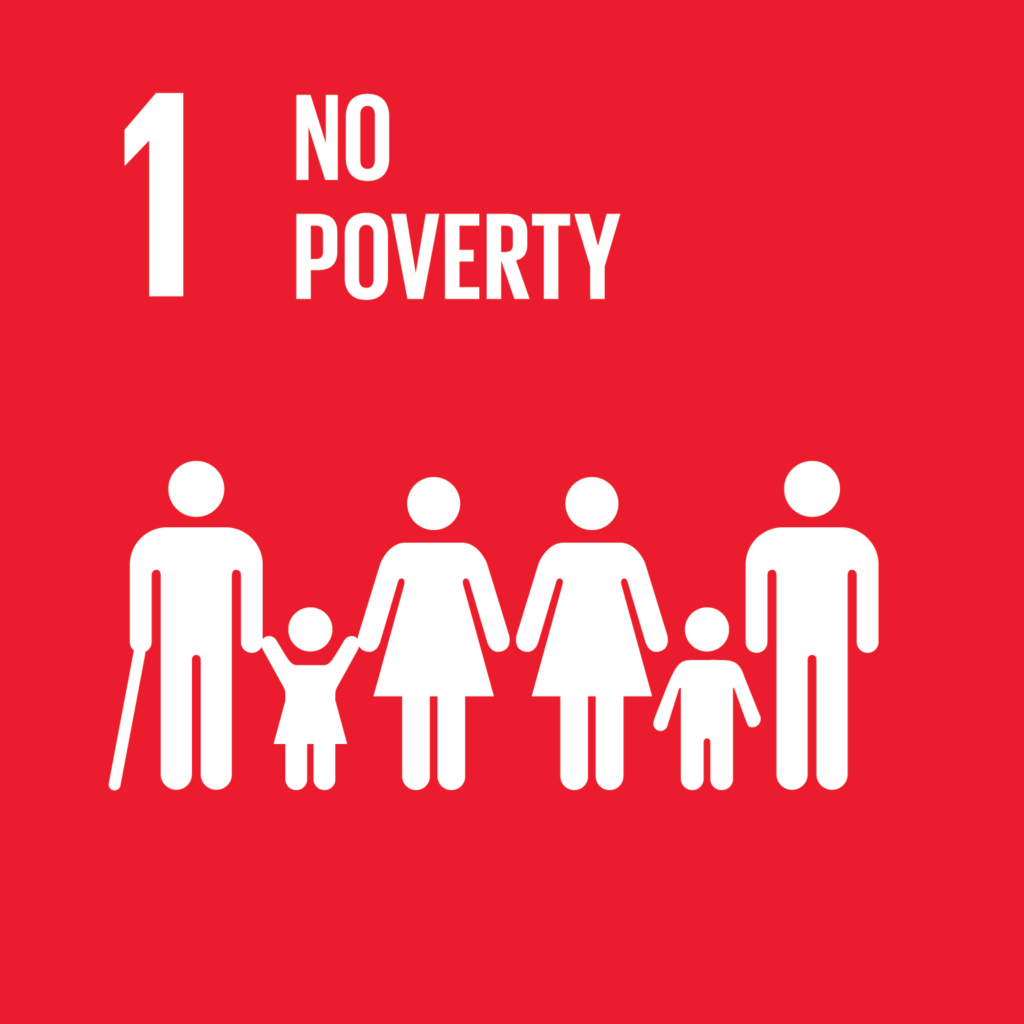
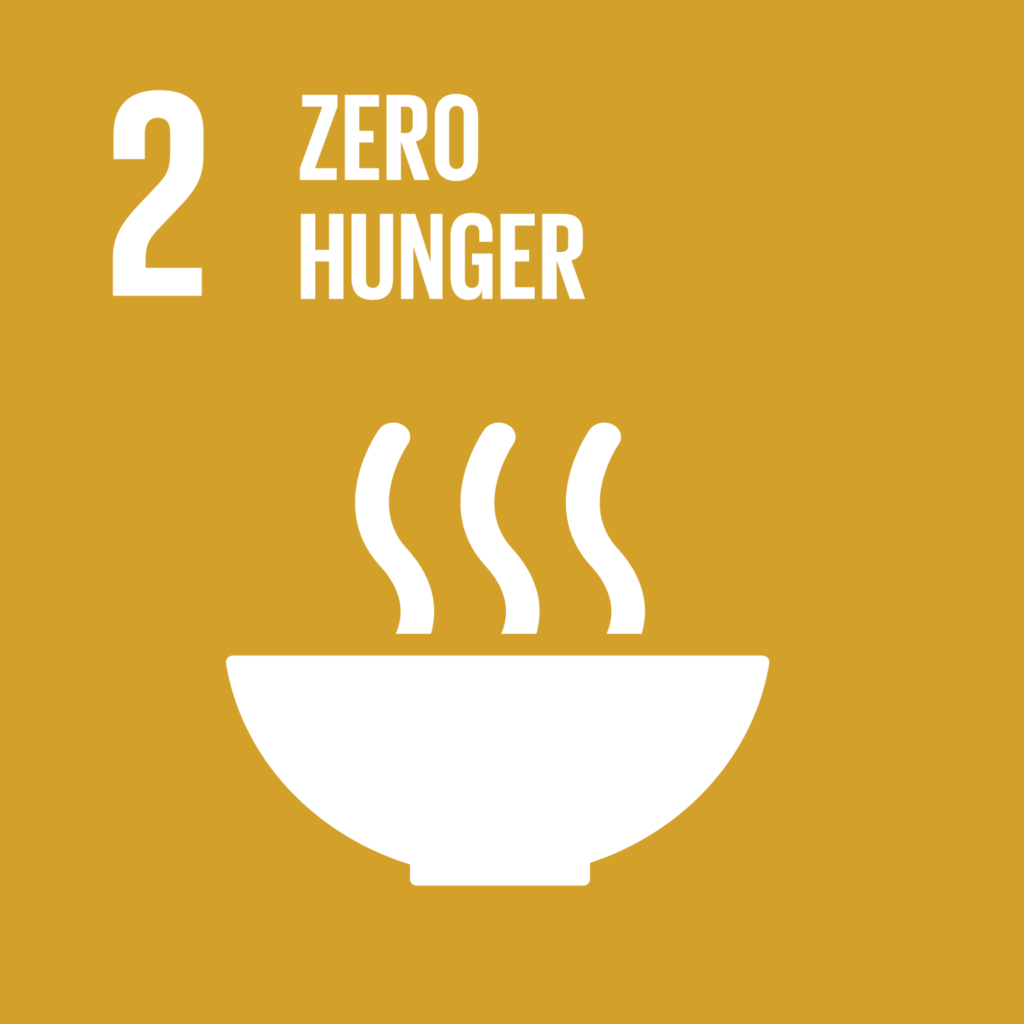
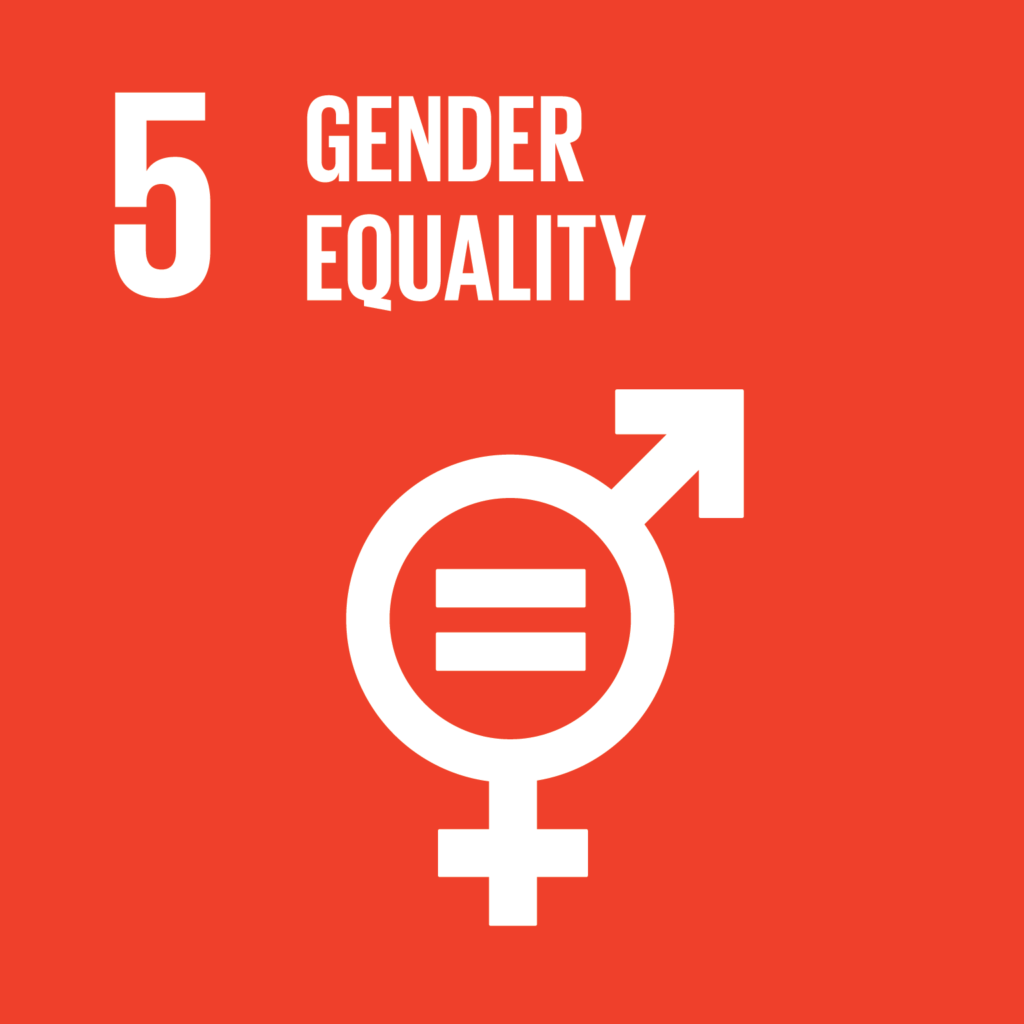
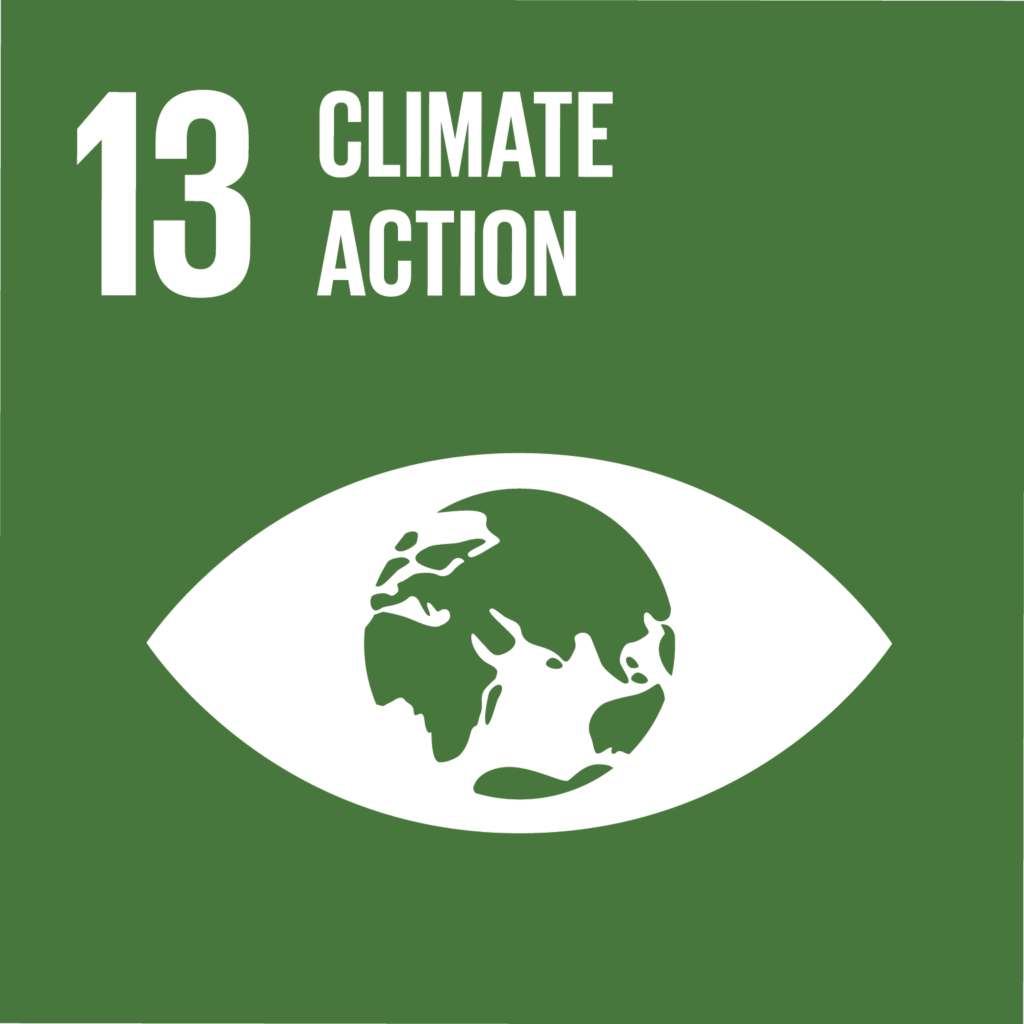
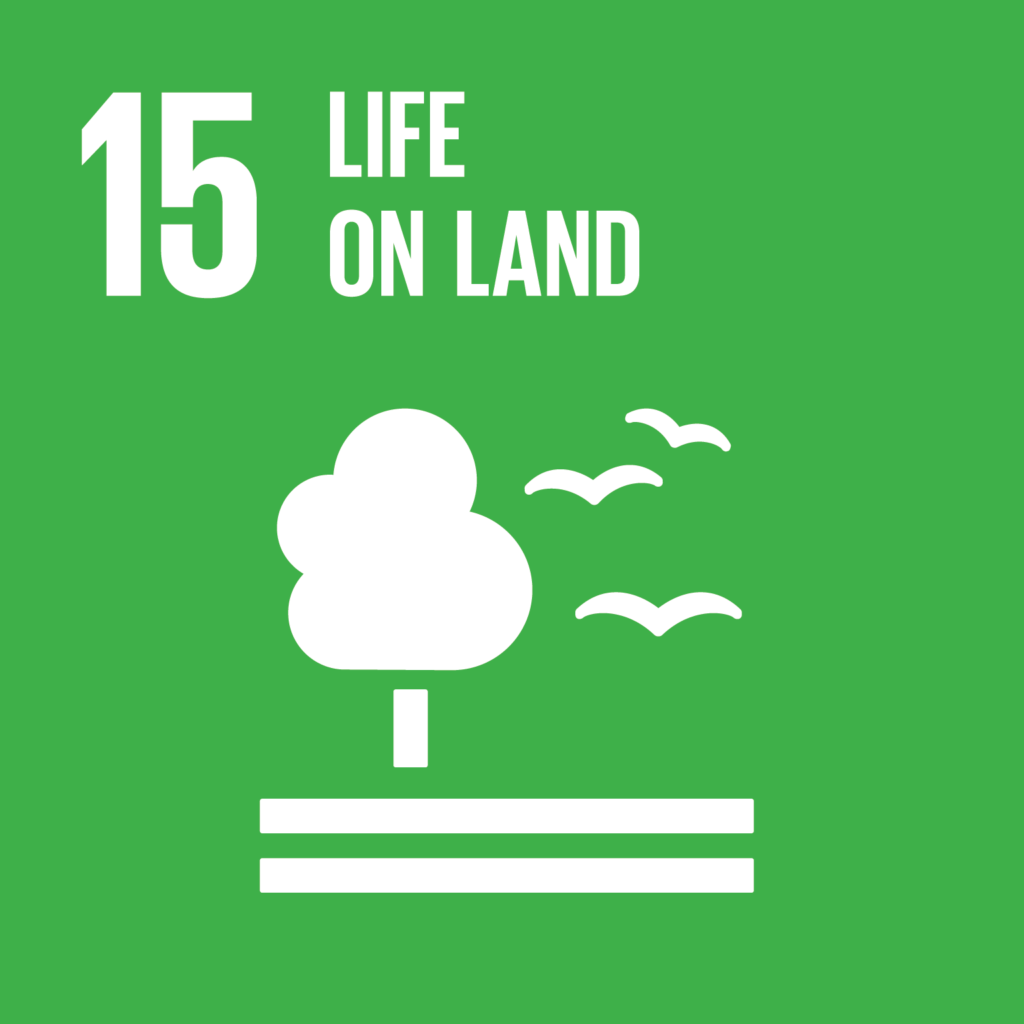
Map
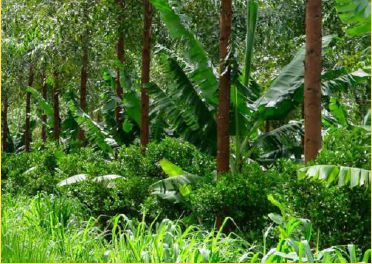

Location
Central, Malawi

Project Area
5000 Hectares

Annual Emission Reduction Estimation
45,000 Tonnes tCO2e

Project Status
Under Development on VERRA







